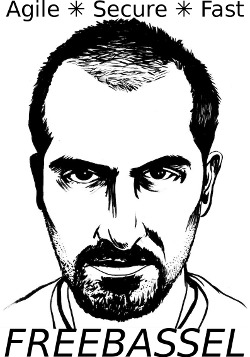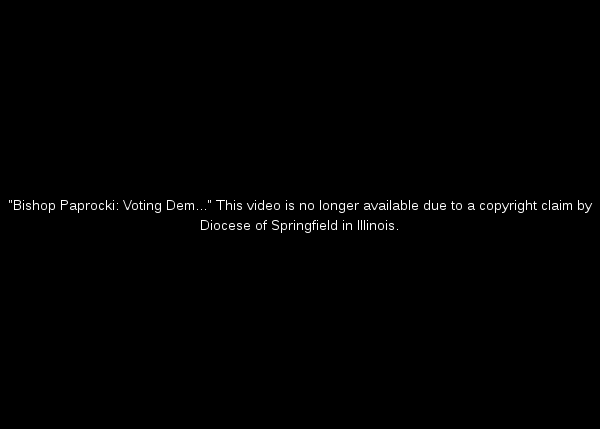Open formats and open standards are excellent causes, but without free/open source software implementations and widespread adoption thereof, the causes are uphill battles, at best. So I’m appalled that the Document Freedom Day (which is today, March 27) website information and suggested actions are merely conceptual.
Let’s fix that, here’s the deal. Download, try, become an expert:
LibreOffice. If in 2013 you’re still using Microsoft Office, you’re either in an organization/industry with extreme lock-in through custom business automation or similar that is built exclusively on Microsoft tools, or you’re actively contributing to the destruction of freedom and equality in the world. If you’ve never tried LibreOffice, or if you’ve tried one of its predecessors (OpenOffice) more than a year ago, try LibreOffice (again) now. It’s excellent, including at reading and writing non-free document formats, a necessity for adoption. But most of the value in software is not inherent, rather in many people using and knowing the software. Network effects rule, and you can make a huge difference! If you can’t be bothered, make up for it with a large donation to The Document Foundation, LibreOffice’s nonprofit organization.
As the DFD website explains, document freedom isn’t just about word processor and spreadsheet documents, or even just about storage formats, but any format used to store or transmit data. Thus I put Jitsi as the second most important application to use in order to realize document freedom. It implements open standards such as XMPP and SIP to provide all of the functionality of Skype, which is completely proprietary in its formats and implementation, willing to work with oppressive governments, and increasingly castigated as bloatware or even malware by people who don’t care much about freedom. Jitsi recently released 2.0. If in the unlikely event you’ve tried it before, it’s definitely worth another look.
Probably everyone knows about Firefox, but not everyone uses it, and it does have the best support for open formats of the top browsers. Also, Firefox has progressed very nicely the last years.

Praise for Document Freedom Day
DFD has missed an opportunity to promote the realization of document freedom, but that would be good in addition to, not in place of their existing messages. Direct use of free software that implements open standards is incredibly powerful, but not the only way to make progress, and despite my mini-rant above The free software movement attaches too much political significance to personal practice. People should demand their governments and other institutions adopt open standards and free software, even if people cannot do so as individuals, just as people should generally demand adoption of good policy even if they cannot personally live wholly as if good policy were already in place.
DFD does a reasonable job of raising awareness of good policy. I strongly encourage doing a bit to realize document freedom today, but sharing a link to documentfreedom.org on your social networks helps too. Just a little bit, but what can you expect from clicktivism?
…
I expect pro-free/open clicktivism to promote the realization of freedom!
I have similar complaints about Defective By Design campaigns. Speaking of which, their No DRM in HTML5 campaign is highly pertinent to DFD!
Putatively “open” advocates and organizations sending around .docx files and such, above mini-rant applies especially to you.
April (a French free software organization) has some nice posters explaining open formats.


